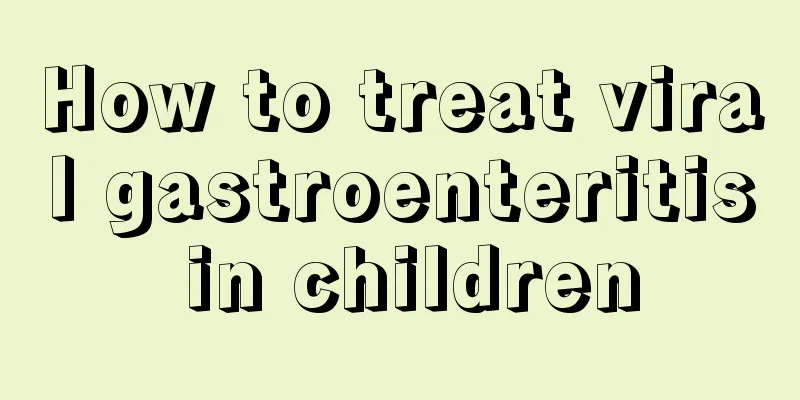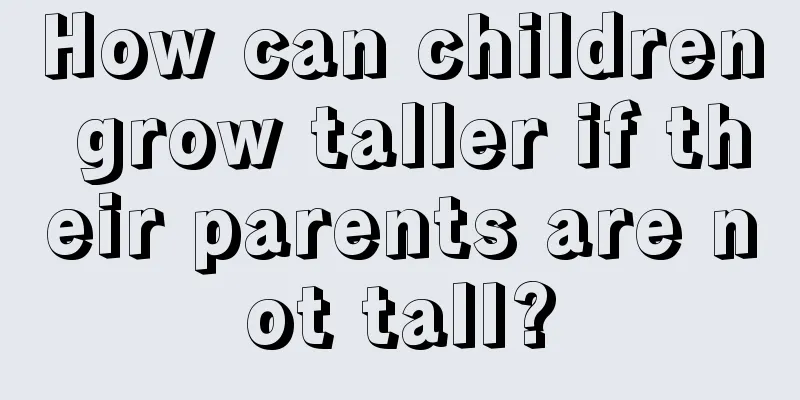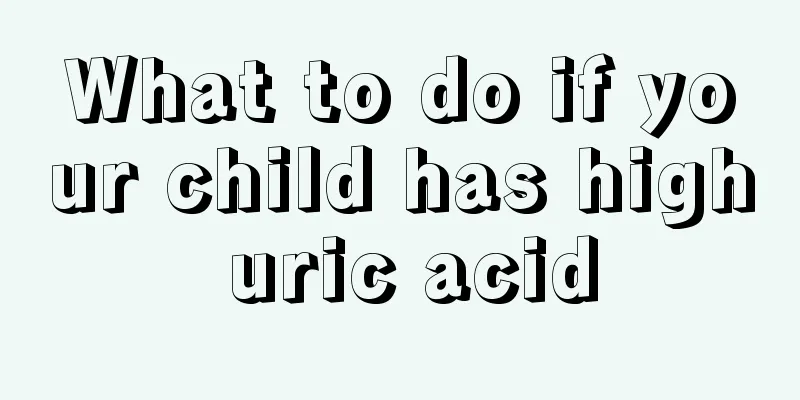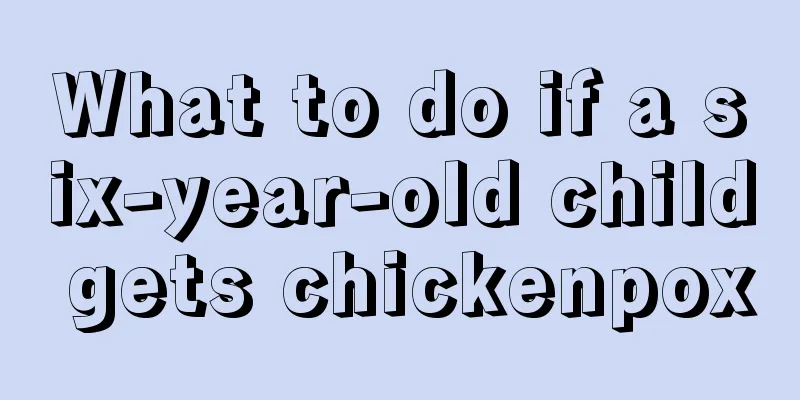For children with tic disorders, psychological treatment is very important!
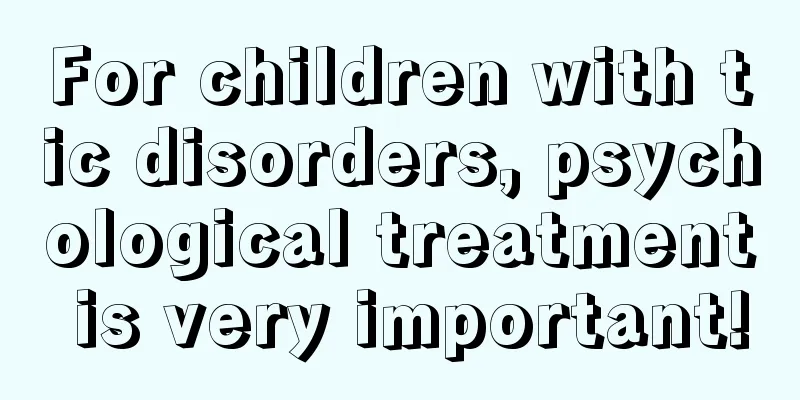
|
Nowadays, many parents and teachers do not pay much attention to the mental and physical health of children, because they always believe that children are very pure at heart and do not have any problems. However, many children suffer from tics due to congenital inheritance and external factors. This is commonly known as childhood tic disorder, accompanied by intellectual disabilities and the characteristics of restlessness and hyperactivity. They usually twitch involuntarily. In response to this phenomenon, we must take precautions in normal times. What is tic disorder in children? Childhood tic disorder is a common psychological and behavioral disorder in children. The average onset age is 6-7 years old, and 90% of the cases occur before the age of 10. Childhood tic disorder is a genetically related developmental disorder, the onset of which is related to genetic factors, neurotransmitter imbalance, psychological and environmental factors. Most scholars believe that there are some biological changes in brain function and changes in neurotransmitters. Symptoms of tic disorders in children The first symptoms of tic disorder in children may be motor tics or vocal tics, which may appear one after the other or simultaneously. It usually starts from the face, gradually spreads to the head, neck, shoulders, and then spreads to the trunk or limbs; facial tics manifest as involuntary blinking, squinting, frowning, opening the mouth, sticking out the tongue, pursing the lips, twisting the mouth, wrinkling the nose, etc. The symptoms of head, neck and shoulder twitching include nodding, tilting the head, shaking the head, turning the head, torticollis, shrugging the shoulders, etc. Upper limb tics manifest as rubbing hands, clenching fists, shaking hands, raising arms, etc. Lower limb tics manifest as kicking, stretching, shaking, and kicking the feet. Trunk twitching manifests itself by straightening the chest, tightening the abdomen, and bending the waist. Vocal tics may also occur, with repeated animal-like sounds, humming, throat clearing, etc., and even involuntary swearing. Susceptibility to infection or aggravation, which may be aggravated by tension, anxiety, fright, over-excitement or excessive fatigue. What causes tic disorders in children? Tic disorders in children are often co-morbid with attention deficit hyperactivity disorder (ADHD), obsessive-compulsive disorder (OCD), learning difficulties, sleep disorders, mood disorders, and self-injurious behaviors. These comorbidities are usually the source of functional impairment in TD patients, increasing the complexity and severity of the disease, which can affect the healthy development of children's learning, social adaptability, personality and psychological qualities, while adding more difficulties to treatment and management. Children's tic disorders need to be treated with psychological and behavioral therapy. Many of the child's negative psychological behaviors and tics can be improved, and the child's cognitive functions (including attention, comprehension and learning abilities) can be improved. Some children with tic disorders need medication to control their tics and improve brain function. |
<<: Children with poor resistance should supplement these
>>: The harm of astigmatism in children cannot be ignored!
Recommend
Myopia in children
If your child tells you that he can't see obj...
What medicine should a baby with favism take when he has a fever?
There is a disease in medicine called favism, and...
What should I do if my baby has a high fever and convulsions?
Babies who are not in good physical condition are...
The little boy has a urinary tract infection. Do you know what this is?
It is not common for little boys to have urinary ...
Introduction to infantile miliaria
Babies are something we should pay more attention...
What are the possible causes of bruises on children?
Compared with adults, children are more likely to...
Can a newborn be rocked?
In our lives, many mothers will rock their babies...
Treatment of precocious puberty
Everyone hopes that their children can grow up he...
Standard measurement method for height and weight of one-year-old baby
After the birth of a child, parents are very worr...
What to do when your child has a toothache?
Nowadays, many parents are more concerned about t...
What to do if your child has a urinary tract infection
Urinary tract infection is a common disease in ch...
Why does a five-year-old child cough more severely at night?
The baby's cough is more severe at night. Thi...
What to do if a four-year-old child vomits
Nowadays, every family regards their children as ...
What can’t babies with pityriasis alba eat? Experts tell you the right way
If your baby develops tinea versicolor, it means ...
Baby is straining to poop
Some parents find that their babies have to exert...
